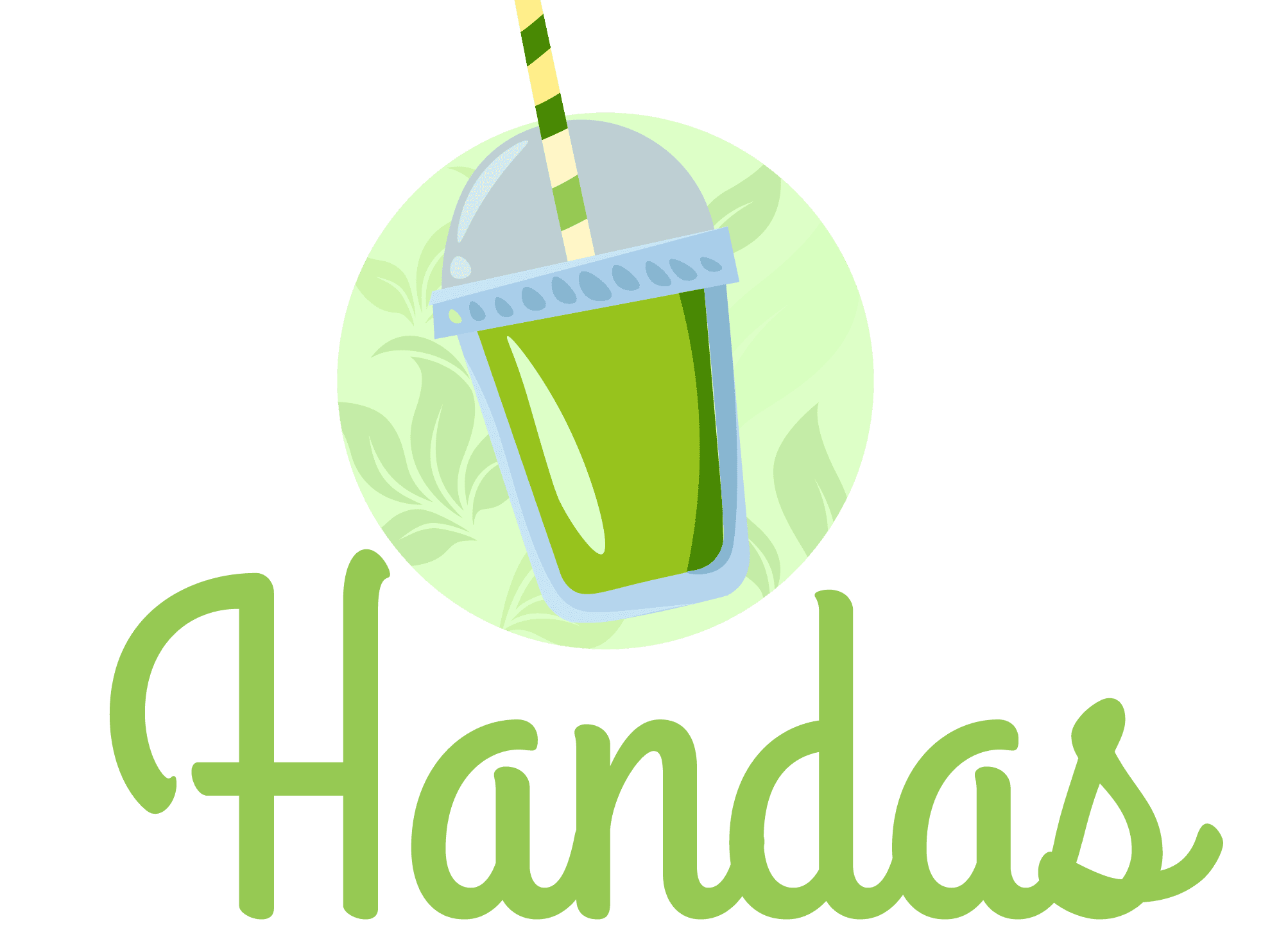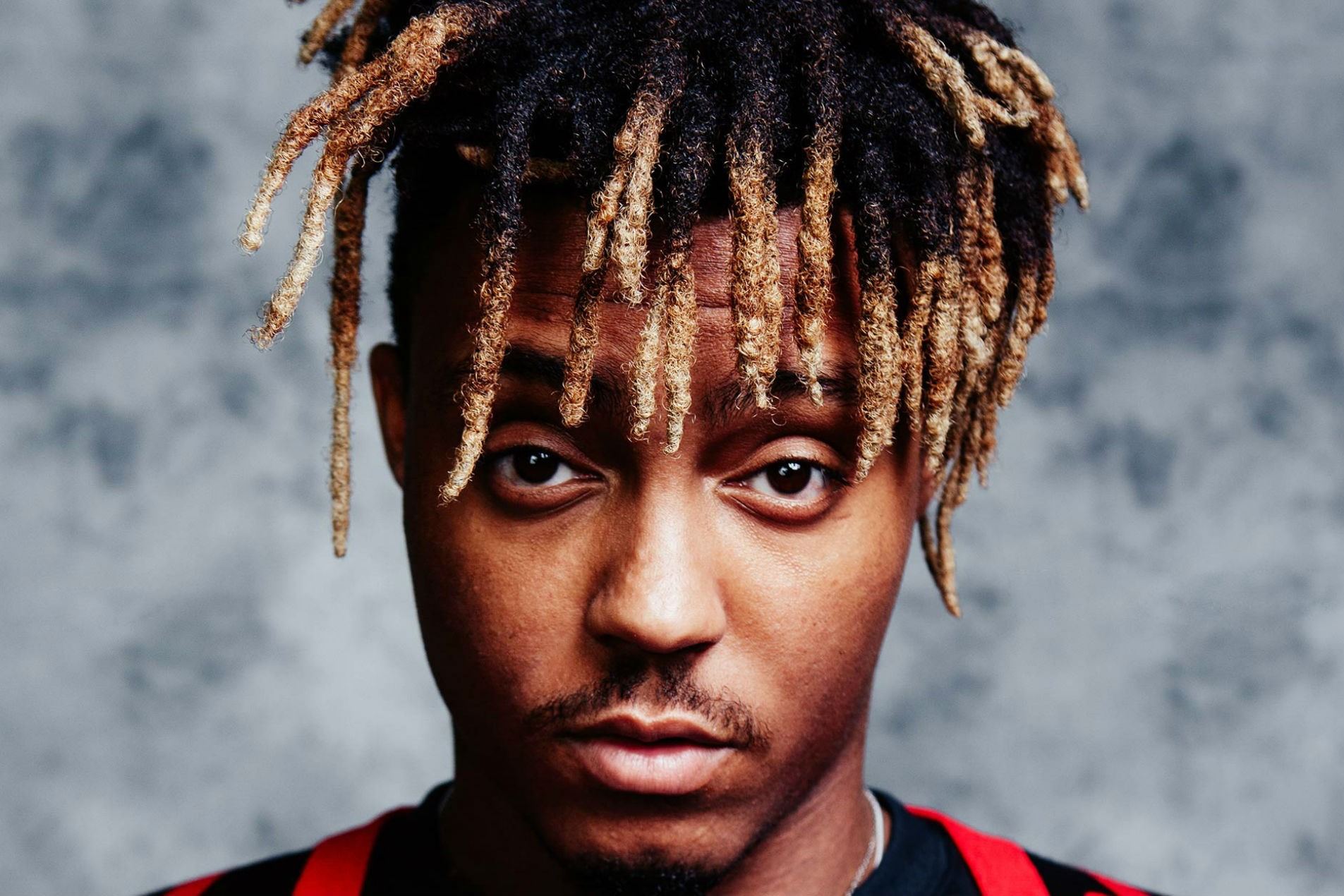Juice WRLD's seizure struggles have become a pivotal topic of discussion in the music world, drawing attention to the broader issue of health challenges faced by artists. The late rapper's journey was not just about creating music; it was also a story of resilience and vulnerability. His openness about his health issues helped shed light on the importance of mental and physical well-being in the fast-paced world of music.
Juice WRLD, whose real name is Jarad Anthony Higgins, was a prominent figure in the rap scene, known for his unique style and heartfelt lyrics. However, beyond the spotlight, he faced numerous health challenges, including seizures, which played a significant role in his life. This article delves into his journey, focusing on how seizures impacted his life, career, and legacy.
Through this exploration, we aim to provide an in-depth understanding of Juice WRLD's experience with seizures, offering insights into the medical aspects, personal struggles, and the importance of addressing health concerns in the entertainment industry. Let's take a closer look at his story and the lessons it offers.
Read also:The Mysteries And Significance Of Yhwh A Comprehensive Exploration
Table of Contents
- Biography of Juice WRLD
- Understanding Seizures: An Overview
- Juice WRLD's Struggles with Seizures
- Causes of Seizures in Artists
- Mental Health and Seizures
- Medical Treatments for Seizures
- Impact on Lifestyle and Career
- Raising Awareness About Seizures
- Juice WRLD's Legacy
- Conclusion and Call to Action
Biography of Juice WRLD
Early Life and Career
Jarad Anthony Higgins, better known as Juice WRLD, was born on December 2, 1998, in Chicago, Illinois. From an early age, he displayed a passion for music, influenced by artists like Eminem and Pink Floyd. His career took off in 2018 with the release of the single "Lucid Dreams," which became a massive hit, propelling him to fame.
Below is a summary of his personal details:
| Full Name | Jarad Anthony Higgins |
|---|---|
| Date of Birth | December 2, 1998 |
| Place of Birth | Chicago, Illinois |
| Occupation | Rapper, Singer, Songwriter |
| Years Active | 2015–2019 |
Contributions to Music
Juice WRLD's music was characterized by its introspective lyrics and melodic production, blending elements of hip-hop, emo rap, and alternative music. Tracks like "All Girls Are the Same" and "Robbery" showcased his versatility and emotional depth. His albums, including "Goodbye & Good Riddance" and "Death Race for Love," received critical acclaim and commercial success.
Understanding Seizures: An Overview
What Are Seizures?
Seizures are sudden, uncontrolled electrical disturbances in the brain that can cause changes in behavior, feelings, or consciousness. They can vary in severity, from mild episodes to full-blown convulsions. According to the World Health Organization (WHO), epilepsy, a condition characterized by recurrent seizures, affects approximately 50 million people worldwide.
Common types of seizures include:
- Generalized seizures
- Focal seizures
- Absence seizures
Signs and Symptoms
Recognizing the signs of a seizure is crucial for early intervention. Symptoms may include:
Read also:Discovering The Best Shampoo Your Comprehensive Guide
- Uncontrollable jerking movements
- Loss of consciousness
- Staring spells
- Sudden emotional changes
Understanding these symptoms can help individuals and caregivers respond effectively during an episode.
Juice WRLD's Struggles with Seizures
Public Awareness
Juice WRLD openly discussed his battles with seizures, bringing attention to the issue in the music industry. His vulnerability resonated with fans, highlighting the importance of addressing health concerns in a high-pressure environment. In interviews, he mentioned how seizures affected his daily life and performances.
Impact on Performance
Despite his health challenges, Juice WRLD continued to perform and create music. However, seizures occasionally disrupted his live shows, forcing him to cancel or reschedule events. This struggle underscored the need for better support systems for artists dealing with health issues.
Causes of Seizures in Artists
Stress and Lifestyle Factors
Artists often face intense pressure, long working hours, and erratic schedules, which can contribute to seizure triggers. Stress, lack of sleep, and substance use are common factors that exacerbate seizure risks. For Juice WRLD, his battle with opioid addiction further complicated his condition, as certain drugs can lower the seizure threshold.
Medical Conditions
Underlying medical conditions, such as epilepsy or brain injuries, can also lead to seizures. It is essential for artists to undergo regular health check-ups and seek professional guidance to manage these conditions effectively.
Mental Health and Seizures
The Connection
Mental health plays a significant role in seizure management. Anxiety, depression, and stress can increase the likelihood of seizures in susceptible individuals. Juice WRLD's openness about his mental health struggles highlighted the intersection of mental and physical well-being in managing seizures.
Support Systems
Building strong support systems, including therapy, medication, and a network of supportive individuals, can help artists cope with both mental health challenges and seizure risks. Encouraging open conversations about mental health in the entertainment industry is vital for creating a safer environment for artists.
Medical Treatments for Seizures
Medications
Anti-seizure medications are commonly prescribed to manage seizure disorders. These medications work by stabilizing brain activity and reducing the frequency and intensity of seizures. However, they must be used under medical supervision to avoid potential side effects.
Alternative Therapies
Some individuals explore alternative therapies, such as dietary changes, meditation, and acupuncture, to complement traditional treatments. While these approaches may not work for everyone, they can offer additional support for managing seizures.
Impact on Lifestyle and Career
Adjusting to a New Normal
Living with seizures requires significant lifestyle adjustments. Artists may need to modify their schedules, prioritize self-care, and make informed decisions about their careers. Juice WRLD's journey serves as a reminder of the importance of balancing artistic ambitions with personal health.
Long-Term Considerations
For artists, managing seizures involves long-term planning and commitment. This includes adhering to treatment plans, maintaining a healthy lifestyle, and seeking ongoing medical care. By prioritizing health, artists can continue to pursue their passions while minimizing the impact of seizures on their lives.
Raising Awareness About Seizures
Education and Advocacy
Raising awareness about seizures is crucial for reducing stigma and improving support systems. Organizations like the Epilepsy Foundation work tirelessly to educate the public and advocate for better resources for individuals with seizure disorders. Artists like Juice WRLD play a vital role in this effort by sharing their experiences and encouraging dialogue.
Community Support
Building supportive communities can make a significant difference for individuals with seizures. By fostering understanding and empathy, we can create environments where artists feel empowered to address their health concerns without fear of judgment.
Juice WRLD's Legacy
Remembering His Impact
Juice WRLD's legacy extends beyond his music. Through his openness about seizures and mental health, he inspired countless fans to prioritize their well-being. His story serves as a powerful reminder of the importance of addressing health challenges in the entertainment industry and beyond.
Continuing the Conversation
As we remember Juice WRLD, it is essential to continue the conversation about health in the music world. By learning from his experiences, we can work towards creating a more supportive and inclusive environment for all artists.
Conclusion and Call to Action
In conclusion, Juice WRLD's journey with seizures offers valuable insights into the challenges faced by artists in the music industry. By understanding the causes, symptoms, and treatments for seizures, we can better support those affected by this condition. His legacy encourages us to prioritize health and well-being in our pursuits.
We invite you to share your thoughts and experiences in the comments below. Together, let's continue the conversation and advocate for a healthier, more supportive entertainment industry. For more informative content, explore our other articles and resources.



